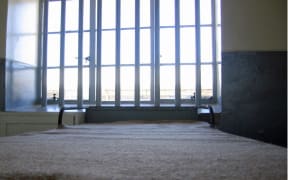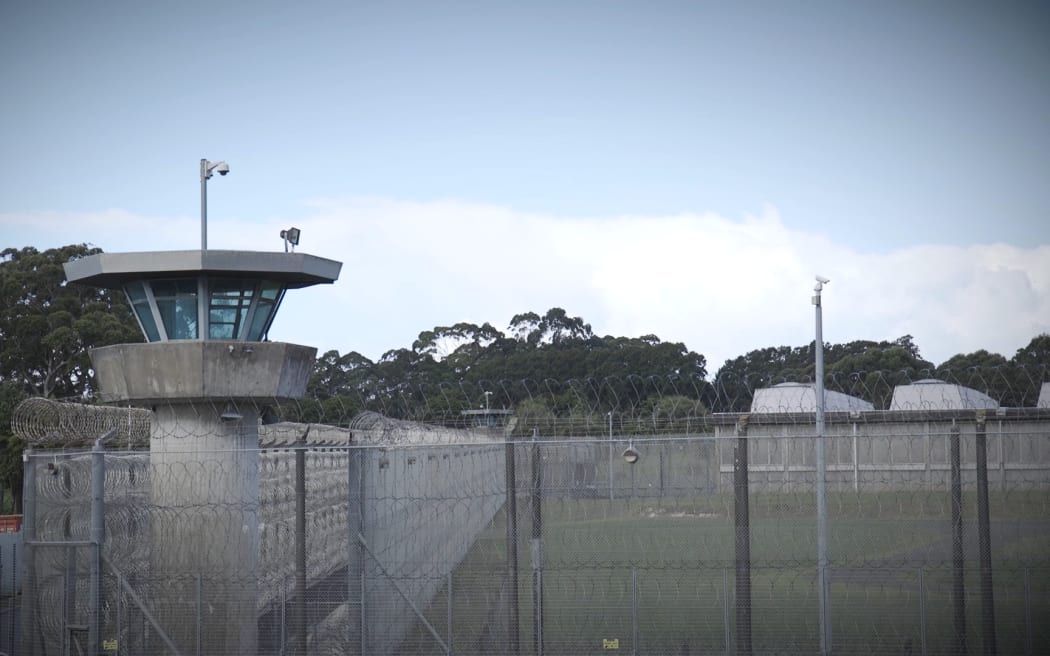
Auckland Prison in Paremoremo. Photo: RNZ / Samuel Rillstone
The discovery that some of Auckland's most vulnerable prisoners have been locked inside their cells for up to two days at time, for as long as nine months, has alarmed lawyers advocating for the men.
Now the Office of the Inspectorate is calling for changes by Corrections so that inmates at Auckland's maximum security prison in Paremoremo are not denied their minimum entitlement of one hour of exercise each day.
Corrections said the breaches, which involved 190 men only being allowed out of their cells every second day, were caused by staff shortages in the aftermath of Covid-19 and without them, staff could have been put in harm's way.
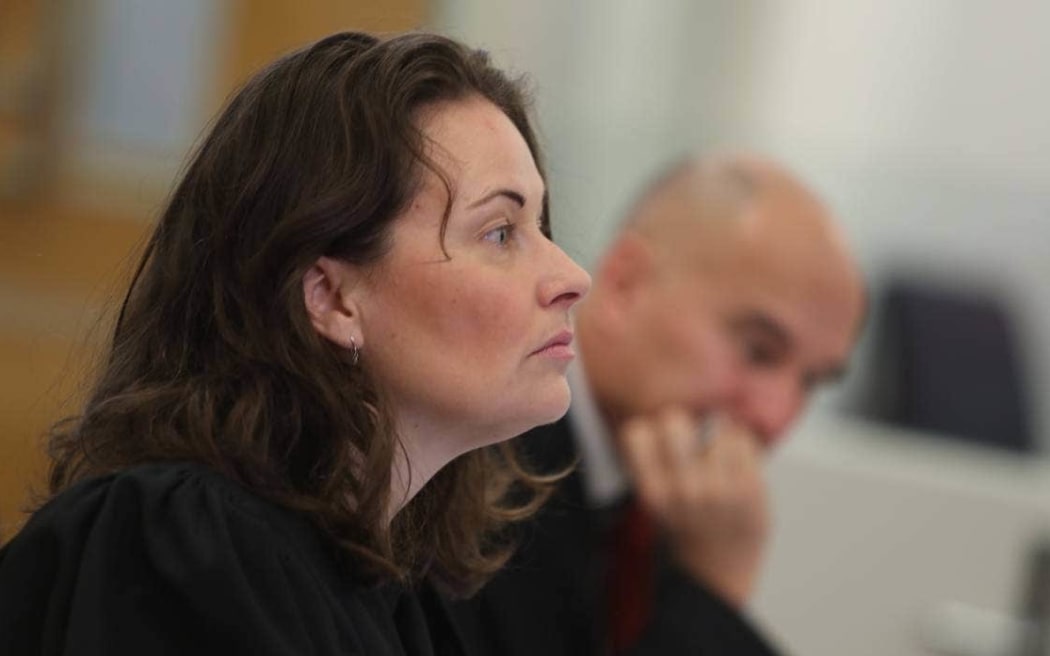
Lawyer Emma Priest. Photo: STUFF / David White
But barristers Amanda Hill and Emma Priest have slammed the failings, outlined in a report released by the Inspectorate on Wednesday, saying it "paints a grim picture of our prison system".
"Corrections has failed to provide the bare legal minimum to our most vulnerable prisoners," they said in a statement.
"The state has caused long-term harm."
The special investigation by the Inspectorate found prisoners in three units were denied their minimum entitlement to an hour out of their cell every day, instead being largely managed on a regime where they were unlocked every second day.
For 107 of the men, who were made up of maximum security and remand prisoners, as well as those with mental health issues, the regime lasted longer than 100 days, and for 24, it lasted more than 200 days.
Approach labelled 'inhumane'
Chief Inspector Janis Adair said minimum entitlements were a legal requirement, not a privilege.
"It is concerning that Auckland Prison continued a regime for an extended period of time in which prisoners were intentionally not unlocked daily," she said.
"There appeared to be no plan that resulted in meaningful action to return to meeting the minimum entitlement.
"As time passed, the situation appeared to have become normalised, as the competing priorities of staff shortages and staff and prisoner safety were managed."
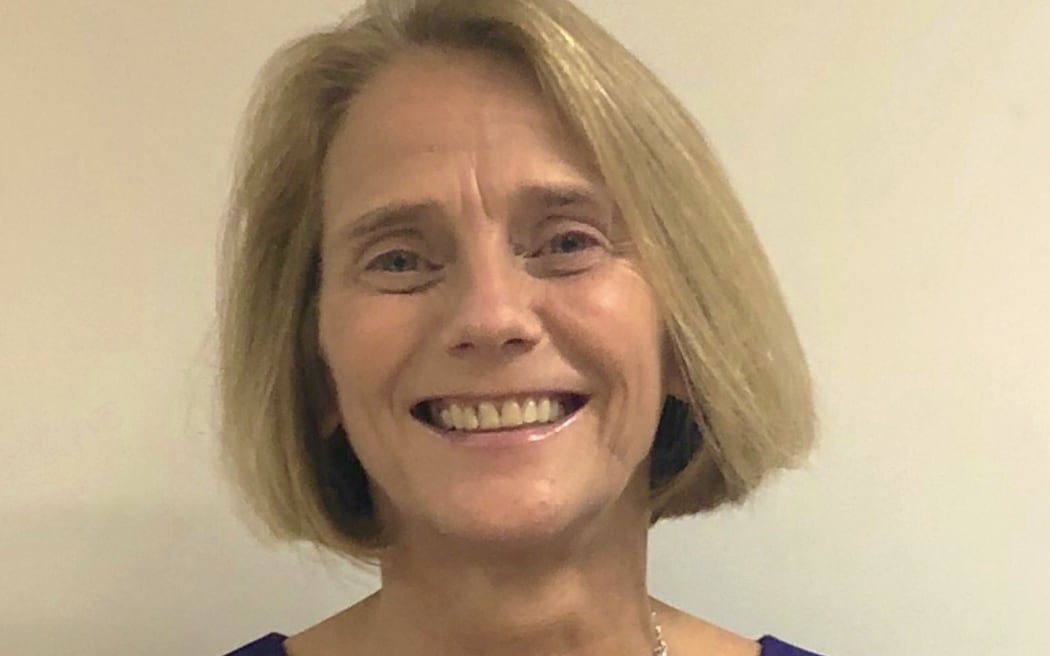
Chief Inspector Janis Adair. Photo: Supplied / Office of the Inspectorate
The regime began in October 2022 and expanded over time to include more prisoners.
Adair said the affected inmates likely experienced solitary confinement and the impacts of prolonged isolation including lethargy, impaired concentration, depression, anxiety, anger and irritability.
The investigation also found minimum entitlement issues with sufficient bedding, private visits and appropriate meal times. Dinner was served at 2.30pm, meaning the next meal that was not a snack was 17 hours away at breakfast.
As a result, prisoners complained they were hungry at night.
Priest, who represented some of the affected men in the criminal courts, said the situation had dire consequences.
"Unlocking men for an hour every two days is inhumane," she said.
"I saw men unable to communicate when they came to court. They would be in a panicked state, anxious, depressed and unable to cope with normal social interactions.
"It is overwhelming for these men to suddenly be placed into the court setting having been living in almost complete isolation."
Adair told Checkpoint she witnessed despair among the prisoners and low morale among staff members when she visited. The extended period of time in isolation had left a profound impact on them.
"We witnessed some of the men having sort of blacked out the windows in their cells using paper bags to prevent natural light coming in, even refusing to come out of the cell to speak to myself and my colleagues."
She accepted staffing levels were a challenge post-Covid-19 but said the department failed to instigate a plan to provide relief for staff and prisoners.
"I think that in many respects the department simply didn't put in a robust plan."
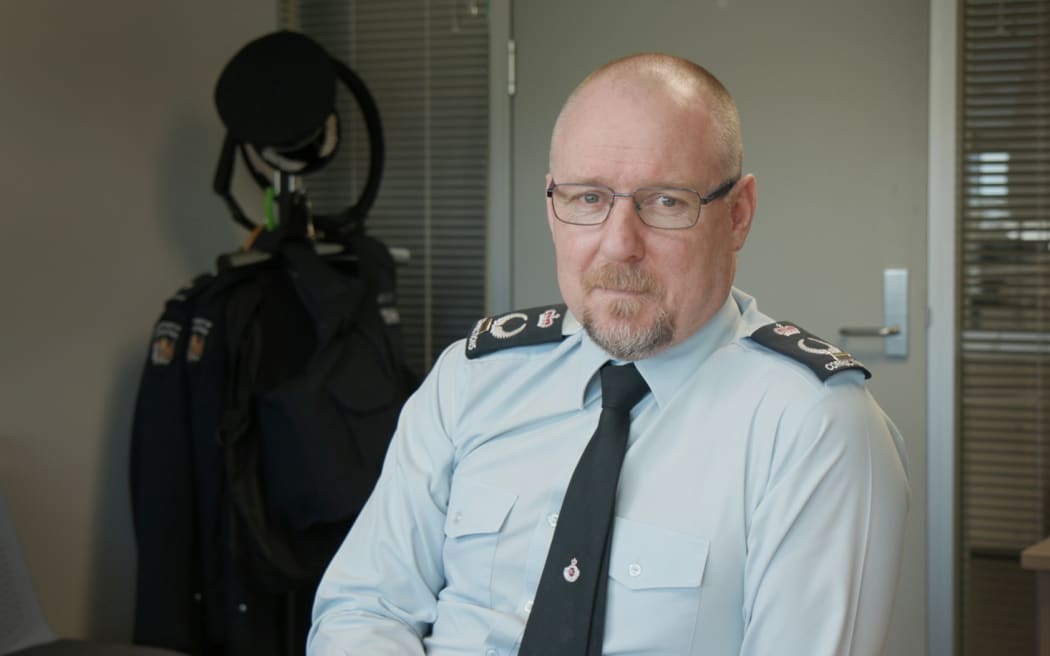
Corrections deputy commissioner Neil Beales. Photo: RNZ / Cole Eastham-Farrelly
However, Corrections deputy commissioner Neil Beales said the three units involved housed some of the most difficult and dangerous prisoners at a time when the prison was significantly understaffed.
"Maximum security prisoners have a high propensity for violence and are known to behave unpredictably and act without warning, which means a higher number of staff with more experience are required to carry out daily operations in these units," Beales said.
"Each day, prior to any unlock or movement of prisoners, staff must assess and manage a range of operational requirements and risks.
"This includes which prisoners can be unlocked together, whether they are segregated or in the mainstream population, whether there is a risk of them associating with co-offenders, how many staff are required to supervise per prisoner, and whether there are any gang tensions that may pose a risk to the safety of staff and other prisoners, as well as the security of the prison."
The attrition rates post-Covid took them by surprise, he said. Staffing shortages were happening almost right across the board at the 17 publicly-run prisons across the country.
"We had to try and manage an entire network, at the same time with a growing prison population.
"We know that long-term segregation has a detrimental, but we also know unlocking units unsafely without the right amount of staff, puts people equally at danger, probably even more so.
"Not all the prisonsers were maximum security, I grant you that, but many were."
He understood there was a litigation process in place.
Beales said staffing levels were higher now and Corrections acknowledged the report and accepted the recommendations.
These included that it must take a "lessons learned" approach, carefully consider the individual circumstances of each prisoner and their progression pathway, and put in a place a national response plan to address the underlying causes if prisoners were ever denied minimum entitlements again.
Adair also said the department had advised her face-to-face visits would be up and running by the end of the month.




